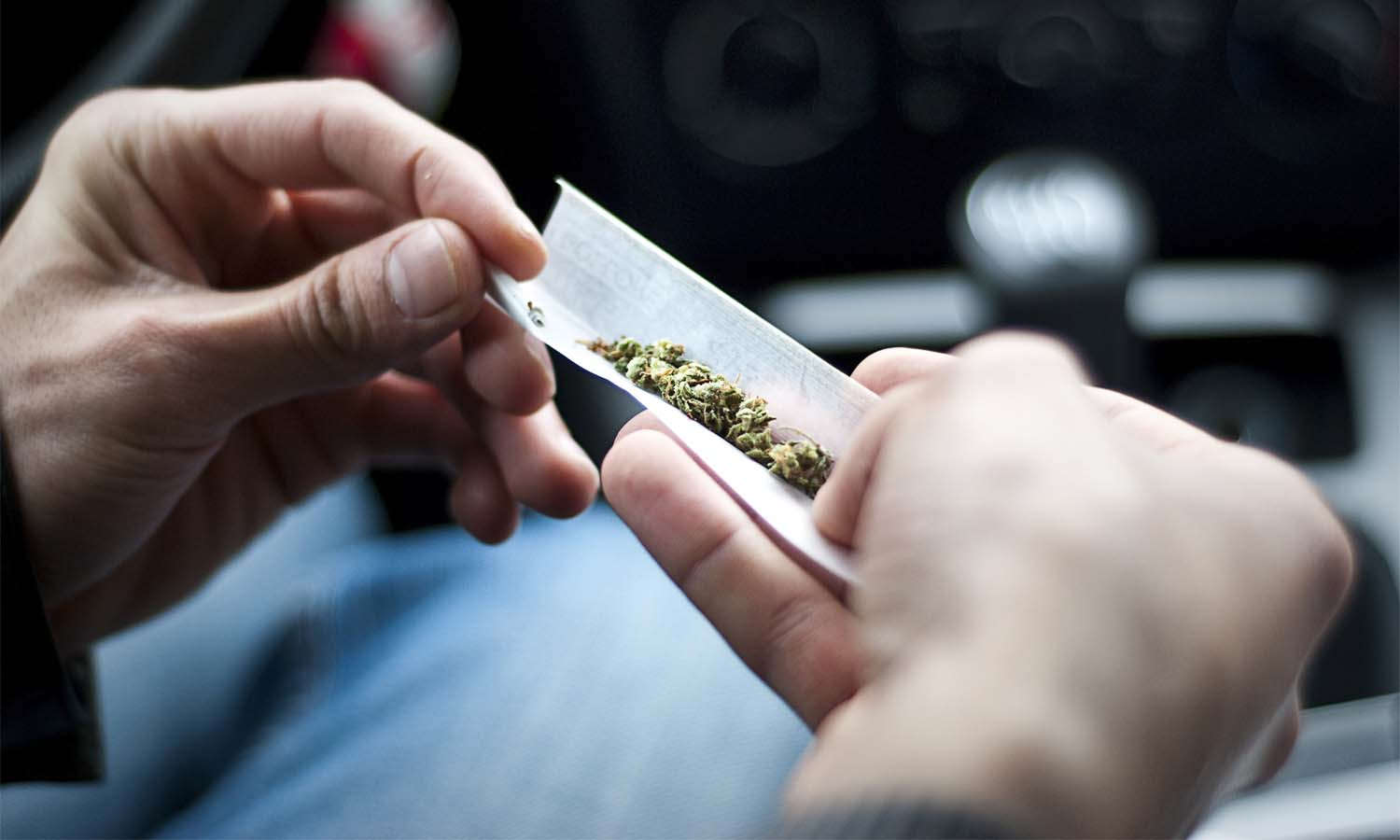Police Powers
Can the police carry out random stop checks to see if I am on drugs?
The answer is yes. A police officer in uniform can randomly stop any motor vehicle. The officer does not need any grounds for doing so. This far reaching power allows the police to set up roadside stops during the festive period whereby cars passing through a section of road are randomly stopped to see if the drivers are showing any signs of being under the influence of drink or drugs.
It is a criminal offence for a driver to fail to comply with a direction to stop upon being required to do so by a constable in uniform (as per section 163 of the Road Traffic Act 1988).
However as we will discuss in the next section the police cannot carry out a random preliminary impairment test with a view to determining whether the person is under the influence of a drug.
The officer must have grounds to make that request. Accordingly if there were no issues with regards to the persons driving and he was not displaying any symptoms of being under the influence of a drug (in the absence of any other information) there would be no power to require him to undergo a preliminary impairment test.
Can the police carry out a random preliminary impairment test?
The answer is no. The preliminary impairment test is designed to give an indication as to whether a person is under the influence of a drug.
The preliminary impairment test is a procedure whereby the constable will require the suspect to carry out a serious of tasks (approved by the Secretary of State) and observe and record his performance on those tasks.
To require a person to carry out a preliminary impairment test the police officer must have reasonable grounds to suspect that the person is driving or attempting to drive with a drug in his body or is under the influence of a drug.
Accordingly some of the signs and symptoms of drug use should be present.
Reasonable suspicion may arise from information supplied by a third party such as a tip off from a member of the public but equally such suspicion may be dissipated upon the officer speaking to the driver.
No such reasonable suspicion is required if the driver has been involved in an accident or has committed a moving road traffic violation.
Accordingly there is no power to require a person to submit to a random preliminary impairment test.
More often than not the police will suggest that there was an element of bad driving and will state that the accused displayed symptoms of drug use. The officer will then move to arrest the person on suspicion of driving under the influence of drugs using his powers under Section 24 (1) of Pace 1984. The officer will then require the suspect to carry out the preliminary impairment test whilst at the custody suite to assess whether his ability to drive properly is impaired.
Can't Talk Now? Leave your name and number and we'll call you.
What powers do the police have to take a specimen of blood?
If you are met with a request from a constable to provide a sample of blood to detect the presence of a drug, it is likely that you have been arrested on suspicion of driving whilst under the influence of drugs. If so, the police are probably alleging that your driving was in some way erratic or that you were displaying the symptoms of drug use when being spoken to at the roadside.
Upon being arrested you will be transported to the nearest available custody suite.
The police have probably had you perform the series of tasks that form part of the preliminary impairment test.
The law states that a constable may in the course of an investigation into whether a person has committed an offence of driving under the influence of drugs require a person to give a sample of blood or urine for laboratory test.
Accordingly the only criteria is that the request is made during the course of such an investigation.
However blood cannot be taken at the police station unless the medical practitioner has advised the constable that the suspect "has a condition that might be due to some drug".
Accordingly the police will have you examined by a police doctor. He will assess and make a note of your condition. If the doctor concludes that your condition (e.g. pupils dilated, eyes glazed etc) might be caused by a drug he will inform the constable. The constable will then inform you that he now requires you to provide a blood sample and that failure to provide may render you liable to prosecution.
It is a criminal offence to refuse to provide a blood sample without a reasonable excuse.
It is essential to any subsequent prosecution of driving under the influence of drugs for the police to obtain a sample of blood. As any alleged bad driving or impairment will be insufficient to sustain a conviction without attaching it to the presence of a drug.
For Free Advice
Press Here to Call Us
We're Available 24 / 7
For Free Advice or to Arrange Representation
Click Here to Send MJP solicitors a Message

